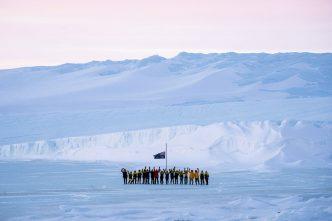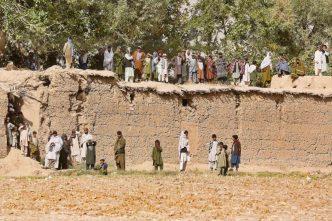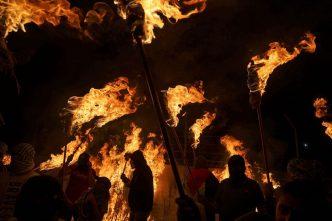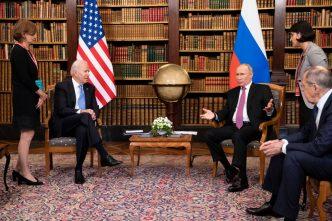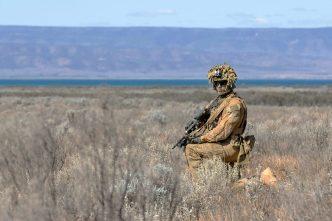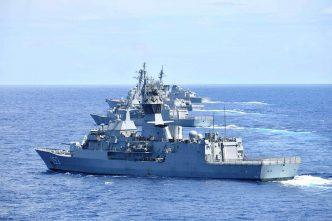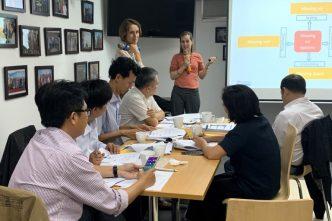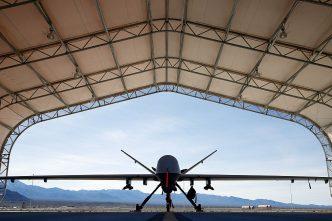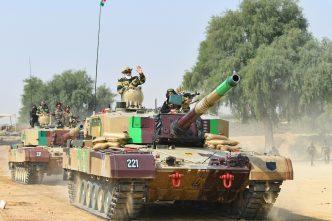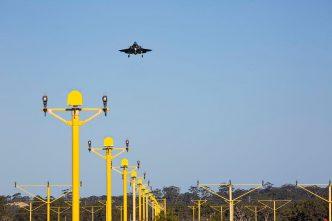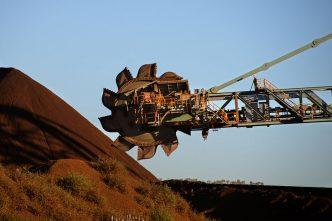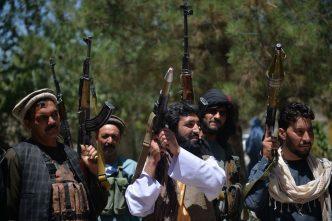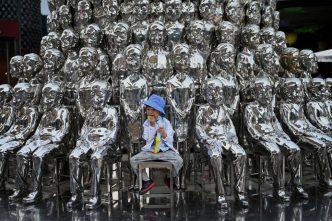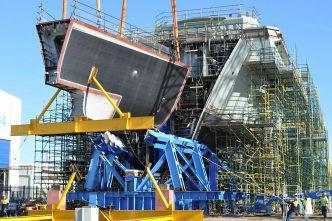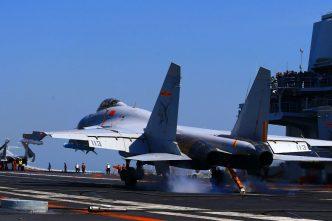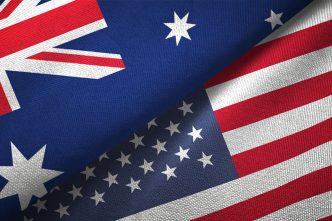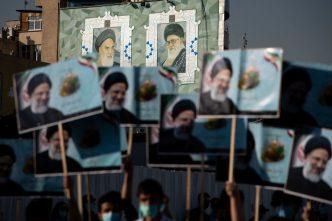The Antarctic Treaty entered into force in 1961 with 12 participating countries. Sixty years later, 54 countries are signatories to the treaty and the various related instruments that comprise the Antarctic Treaty System. Will the …
Chinese diaspora communities continue to be an ‘essential target’ of Chinese-state-linked social media manipulation taking place around the world. Chinese-state-linked accounts are running a multilingual, cross-platform campaign aimed at stoking the fears of these communities …
As the US and allied military exit gathers pace, war-torn and Covid-19 ravaged Afghanistan faces a multifaceted transition. The country is once again positioned to embrace a political, economic and security transformation of a magnitude …
On 15 June, the always tenuous ceasefire was broken with incendiary balloons launched from the Palestinian territory and Israeli airstrikes on Gaza in retaliation. The Middle East has probably yielded more Nobel Peace Prizes than …
With the spotlight recently on Russia’s relations with the US and Europe, following the meeting between presidents Joe Biden and Vladimir Putin and the G7 and NATO summits, less attention has been paid to the …
In 2009, senior Australian Army officer Chris Field wrote that, for the Australian Defence Force to win in 21st century conflicts, we must ‘recognise that asymmetry is not the sole province of our enemies. We …
Planet A A report submitted to UNESCO recommends that Australia’s Great Barrier Reef be classified as ‘in danger’ in light of the decades of damage from coral bleaching events and the ongoing threats to the …
It’s important to think beyond the cliché that data is the new oil. The dystopian dream of seamless data integration and the ability to ‘collect and know it all’ overlooks the complex politics of data. …
The United States rightly considers itself a ‘Pacific nation’. It has been engaged there almost since its founding—and the US west coast stretches to Guam. Today, the US is indispensable to the region’s security. Remove …
As competition between the United States and China intensifies, Southeast Asia is becoming the key competitive arena. Australia’s engagement with the region is not only a matter of being a good neighbour; it’s a strategic …
Australia has traditionally been a norm-maker when it comes to arms control. A quick click through the pages on non-proliferation, disarmament and arms control on the Department of Foreign Affairs and Trade website reveals a …
The Quad is stronger than ever. The informal ‘minilateral’ grouping of Australia, India, Japan and the United States has in the past year held its first stand-alone ministerial meeting and its first leaders’ summit, and …
Defence of the nation involves a lot more than weapons, and the deterrent effect the government seeks to achieve through the Australian Defence Force’s high-end warfighting capabilities is inextricably linked with broader national resilience. That …
Australia’s phenomenal resource endowment has once again seen it through a difficult period in the global economy, with supercharged commodity markets siphoning some of the stimulus spending by the world’s major economies into Australian pockets. …
Afghanistan has been through many painful and destructive transitions in its modern history since its consolidation as a recognisable country from the mid-18th century, but the one it’s currently experiencing is enormously tragic. If not …
The Strategist’s Anastasia Kapetas is joined by John Schaus, a senior fellow of the International Security Program at the Center for Strategic and International Studies. They explore the concepts of asymmetric power and deterrence, how …
ASPI celebrates its 20th anniversary this year. This series looks at ASPI’s work since its creation in August 2001. Why does Australia build its own military kit? Why not just buy it off the shelf? …
As the 100th anniversary of the founding of the Chinese Communist Party approaches, the world is watching closely to see what China does as it tries to realise President Xi Jinping’s ‘China dream’ and achieve …
The security threats that Australia will face in the future will be increasingly complex, high-tech and dispersed across domains. Yet the young Australians who will be most impacted have few mechanisms to contribute their perspectives …
Last week’s Iranian presidential election was the mother of all predetermined elections. Ebrahim Raisi, head of Iran’s judiciary, was considered not just the frontrunner in the election but a shoo-in for the post. He is …
